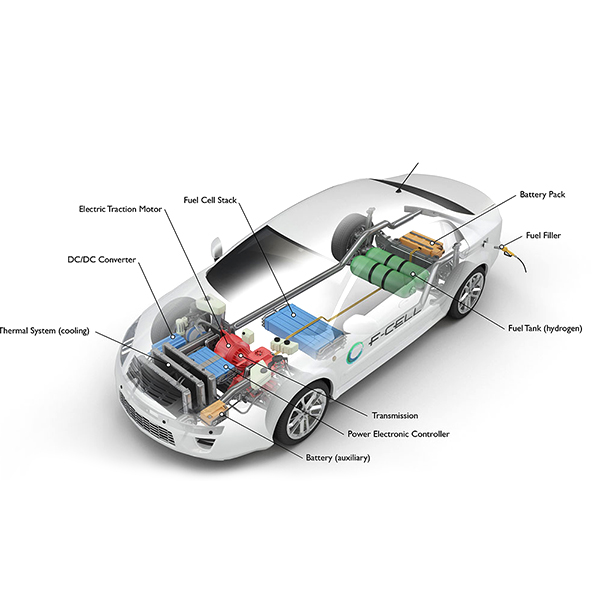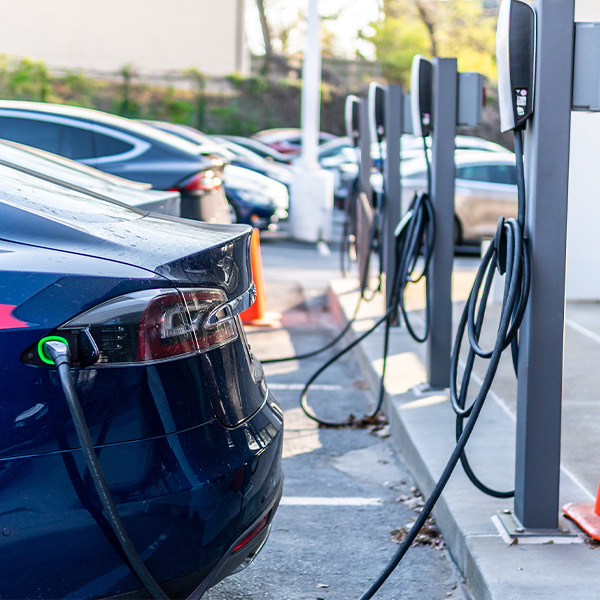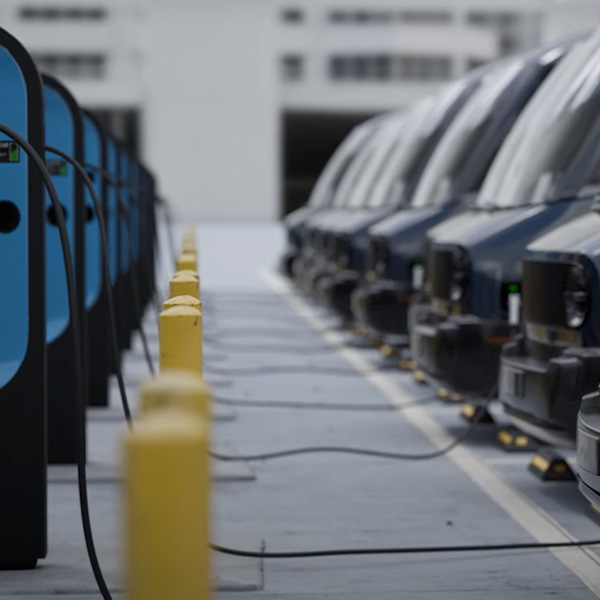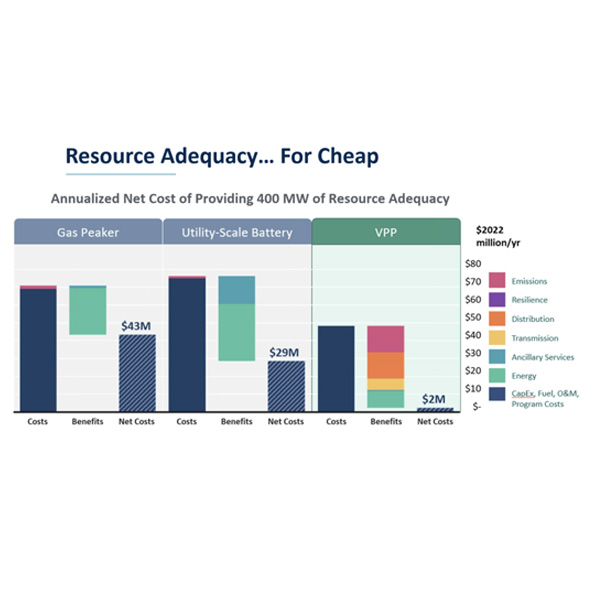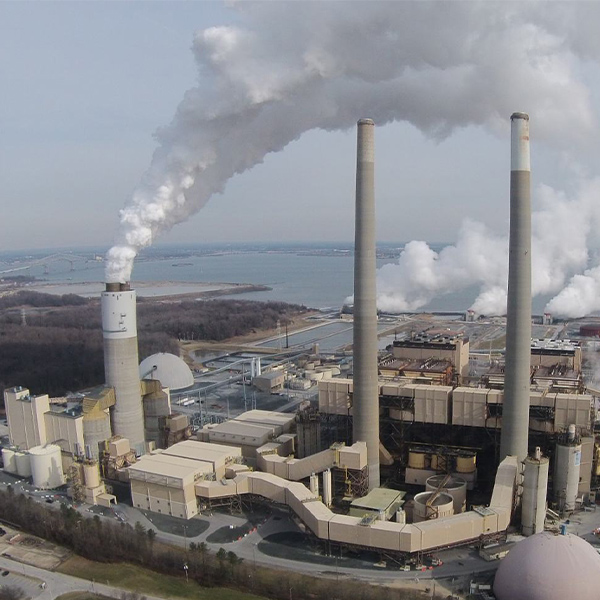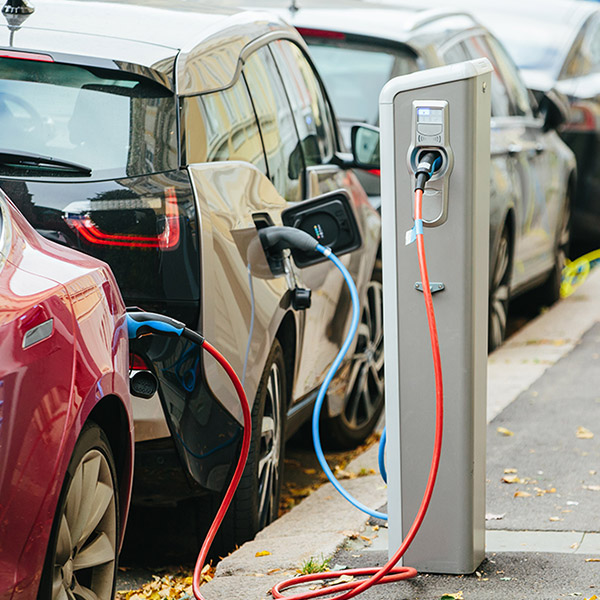Transportation Decarbonization
Airplane DecarbonizationEV chargersHeavy-duty vehiclesBattery Electric Buses (BEB)Fuel Cell Electric Buses (FCEB)Light-duty vehiclesBattery Electric VehiclesFuel Cell VehiclesPlug-in hybrid electric vehiclesShip electrificationClean Ports
Even after a series of public hearings on New Jersey's proposed storage incentive program, debate remains over whether utilities should be allowed to own storage projects.
A New Jersey report focuses on the development of hydrogen fuel cell electric vehicles as an alternative to battery-powered EVs for long haul heavy-duty trucks, buses and other industrial vehicles.
North Carolina regulators approved a new, voluntary electric vehicle charging program where Duke Energy will rent and maintain chargers for its customers.
Transportation electrification is driving unprecedented levels of cross-industry collaboration as automakers, utilities, regulators and policymakers look ahead to how they will reach a growing list of ambitious goals.
Gov. Gavin Newsom said California will team up with the Chinese province in the state’s latest international partnership focused on the climate crisis.
The Clean Energy Group hosted a webinar laying out the case to replace natural gas peaking plants with VPPs, as they would avoid harmful emissions in densely populated areas.
Exelon utilities will work on transmission upgrades as the Brandon Shores coal-fired power plant prepares for deactivation.
Gov. Gretchen Whitmer’s effort to install two electric vehicle chargers at the state’s Executive Residence have gotten caught up in a controversy over a driveway project at the house.
Let’s Go Washington is collecting signatures on a petition asking the state Legislature to repeal the cap-and-trade program, which went into effect this year.
New programs will also offer special incentives to spur installation of EV chargers at New Jersey's tourist destinations and multiunit dwellings.
Want more? Advanced Search

